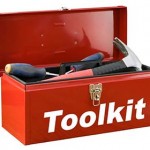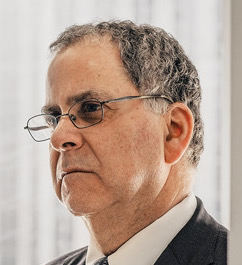One study found that as many as eighty-percent of all people in this country that suffer from clinical depression don’t get any treatment.
Given that depression is the leading cause of disability in the U.S. and that over 20 million people are afflicted with it, that’s a lot of people – about 16 million.
However, many of the law students, lawyers and judges with depression that I’ve met tell me that they don’t need to be told to get help because there are already getting it. They’re already in therapy, taking medication or both. They get it. They know that depression is an illness and they have to deal with it.
Some of them have been coping with it for a very long time. I call these people “depression veterans”. I have met many such veterans and their courage and determination to recover and stay well inspires me.
As I wrote in a prior blog, these people are really my “heroes”.
I also have met many in the legal biz who say they’re at the end of their rope. They’ve been in and out of therapy over the years with little or negligible improvement in their depression. Others have started and stopped a number of antidepressant and/or other mood stabilizing medications tired of to little impact on the mood and too many side effects. But the depression always returns for them.
For most of them, it’s not a relapse into major depression. Rather, a mild or moderate depression interspersed with fatigue, a lack of pleasure and a glum outlook on life. What they are experiencing is a fact about depression and its course. That it often a chronic and life-long illness for those so afflicted.
Then there are many who go through long stretches of feeling pretty well most of the time, but still have pockets of depression.
I put myself in this camp.
Most days, my depression, on a scale of “1” through “10” is a 1 or 2, if it’s present at all. If it gets worse, it’s less often, not as strong and has a much shorter duration is much shorter – maybe a 3 or 4. This seems to be especially so during the dark days of winter.
What worked for me to reign in the beast of depression was a change in lifestyle, which included regular therapy, medication, a support group, prayer and exercise. While there is no one thing that is a panacea for depression sufferers, I am convinced that such the positive changes have a direct, lasting an significant alleviation of depression’s worst symptoms.

To make a lifestyle change, I develop a depression “toolkit”. A game plan that I’ve pretty much stuck to for a number of years. The value of such a toolkit is that it provides a map for us to stay on course. It gives us a sense of structure and a sense of hope.
If you thinking about how to really recover from depression stay healthy, it’s important to come up with your own depression toolkit. There are lots of ways to go about it. The two best examples of depression toolkits I’ve found come from the University at Michigan’s Depression Center and the Depression and Bipolar Support Alliance.
So pick up your pen and start building your own toolbox today.
Copyright 2014 by Daniel T. Lukasik










